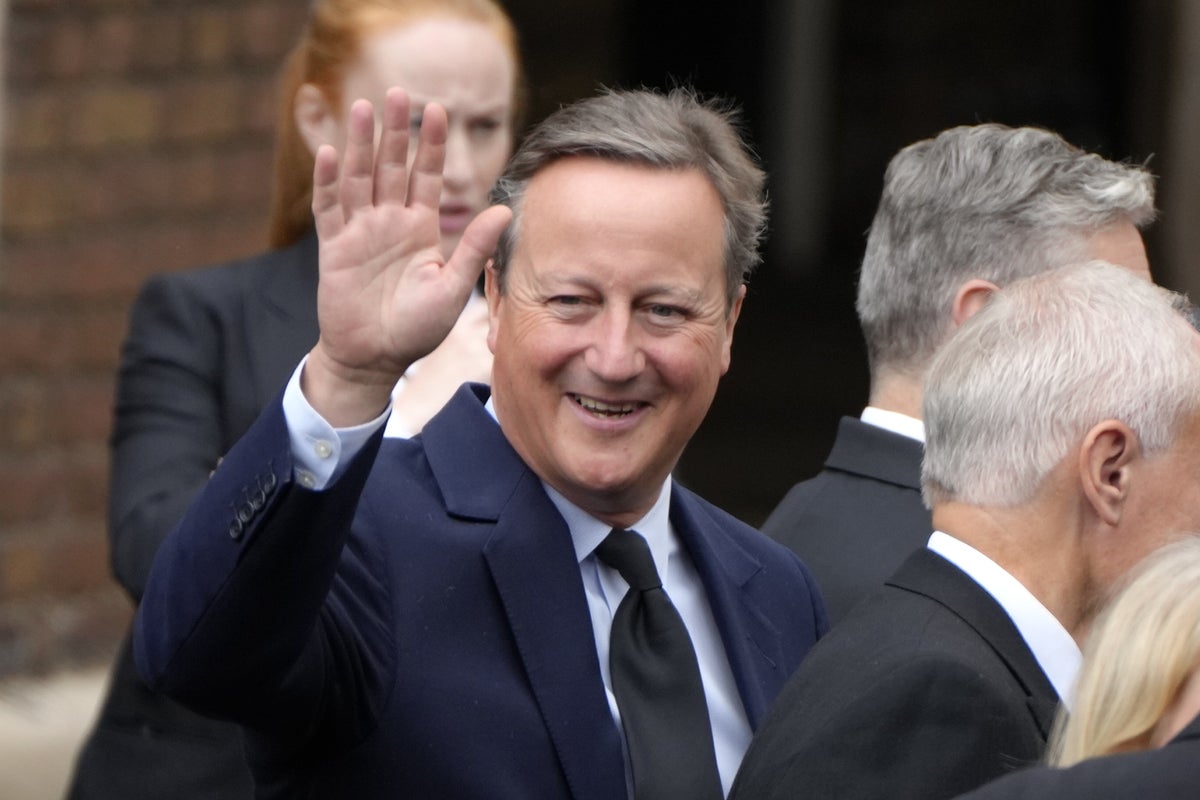
Millions in taxpayers’ money is being used to part-fund university courses for top executives earning more than £100,000 a year, an investigation by The Independent has revealed.
But what exactly is the levy and why is it controversial? Here we take a look at the history.
What is the apprenticeship levy?
It is a charge that businesses with annual payrolls over £3m must pay, calculated at 0.5 per cent of their wage bill. It affects 2-3 per cent of employers.
How does it work?
Levy payers are meant to use the levy to recruit and train apprentices. They have two years to use it or lose it. Any levy unspent after 24 months has to be returned to the Treasury as a tax. The Treasury use some of this unpent levy to help smaller businesses train their apprentices while the rest goes to a general pot to fund other government expenditure. The Treasury have never made this split explicit which has led to accusations that it has “not been transparent”.
Who benefits?
The levy raises around £2.46bn a year. It was introduced by David Cameron in 2017 who said he “wanted more people to have the chance of learning a skill so they can get a well-paid job and have a fulfilling career”. It was meant to benefit young people starting out get a foot on the career ladder as well as up-skill existing employees and improve the overall productivity of the workforce. Scores of universities, keen to benefit from this huge pot of government money, registered as apprenticeship training providers and some aligned their executive MBA programmes to incorporate apprenticeship standards so they did not cost firms or individuals a penny.
Why is it controversial?
Most levy payers do not spend all their levy on training, but rather than return it to the Treasury as a tax, many began to use it to fund their top executives doing expensive degrees and postgraduate courses, including MBAs. The government tried to stamp this out two years ago by saying that MBAs can no longer be funded by the levy as it was “not in the spirit” of the scheme. Some universities have responded to this by dividing their MBA into two parts, the first part being a Senior Leader Apprenticeship which is funded by the levy. The result is that these MBA candidates still have around two-thirds of the total cost of their MBA funded by the levy. An estimated £100m of the levy has been used to fund or part-fund executive MBAs to date. Critics say the government is turning a blind eye.







